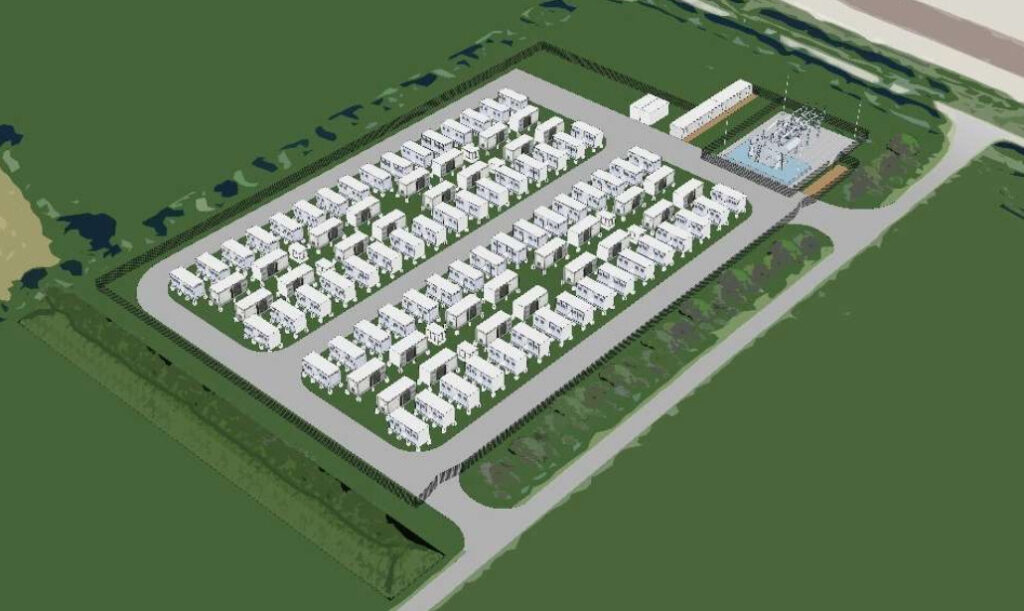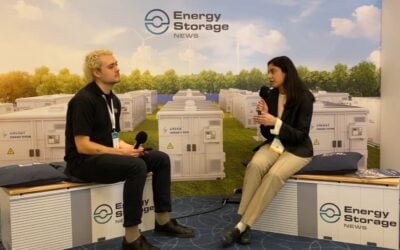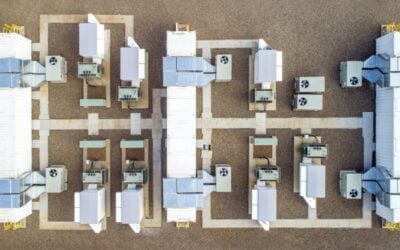
Developer and EPC Eco Stor will start building another 103.5MW/238MWh BESS project in Germany in November this year.
The Schuby project in Schleswig-Flensburg will be built in the immediate vicinity of the Schuby West substation, 5km from an identically-sized project that Eco Stor started building in April.
Schuby will be built on a 1.5 hectare plot of land comprising one block of Eco Stor’s proprietary battery energy storage system (BESS) configuration, ‘ECO STOR ES-100C’. That will comprise 64 BESS units and 32 power conversion system (PCS).
The Schuby was developed in partnership with local developer EPW GmbH.
Try Premium for just $1
- Full premium access for the first month at only $1
- Converts to an annual rate after 30 days unless cancelled
- Cancel anytime during the trial period
Premium Benefits
- Expert industry analysis and interviews
- Digital access to PV Tech Power journal
- Exclusive event discounts
Or get the full Premium subscription right away
Or continue reading this article for free
The firm is planning to start construction on two larger systems this year as well, 300MW/600MWh projects in Rhineland-Palatinate and Saxony-Anhalt. Eco Stor managing director Georg Gallmetzer has previously told Energy-Storage.news that the firm manages all parts of the project lifecycle and value chain with the exception of route-to-market (RTM).
The company also recently commissioned a study which found that large-scale energy storage could save the Germany taxpayer €3 billion a year, by 2037, simply by increasing the revenues of renewable energy projects and thus reducing the payouts needed by subsidy schemes.
Germany has ambitious renewable deployment targets, including over 200GW of solar PV by 2030, and could deploy as much as 62GW/109GWh of energy storage by then to integrate it, BloombergNEF has forecast.
Commenting on the Schuby announcement, Gallmetzer called for battery storage to be included in a regulation that allocates 90% of trade tax for renewables, namely wind and solar, to local municipalities.
“Localising the trade tax promotes structural change in rural regions and contributes to the acceptance of major infrastructure measures among the population,” Gallmetzer said.
In an interview with Energy-Storage.news published yesterday (Premium access), a senior exec at the US renewables arm of Germany-headquartered utility and independent power producer (IPP) RWE said enabling and communicating such financial benefits to local populations was absolutely key to clean energy project development.
See more recent news on the German energy storage market here, including BESS projects from Uniper, NGEN, Sungrow, Nofar Energy, Atlantic Green and NGK.





